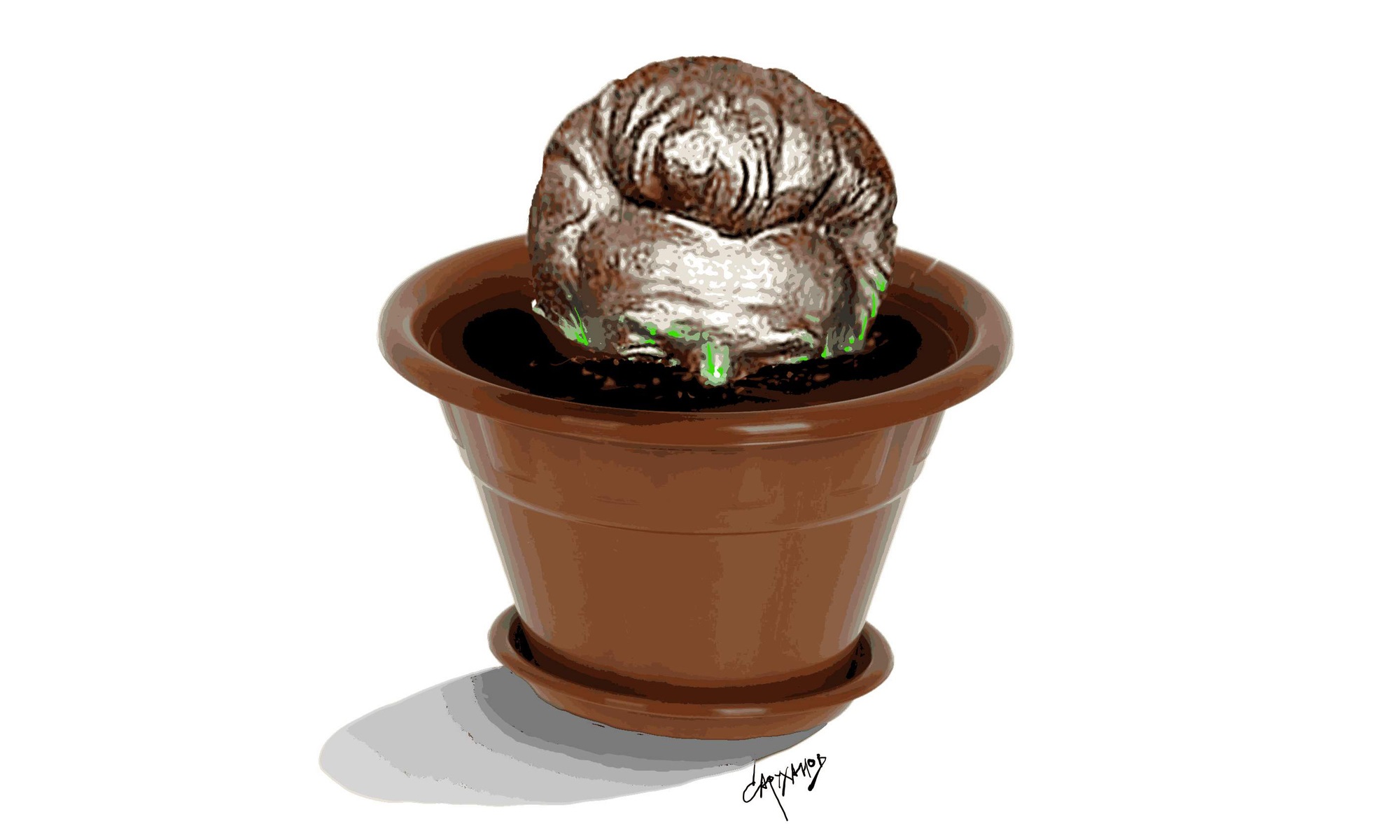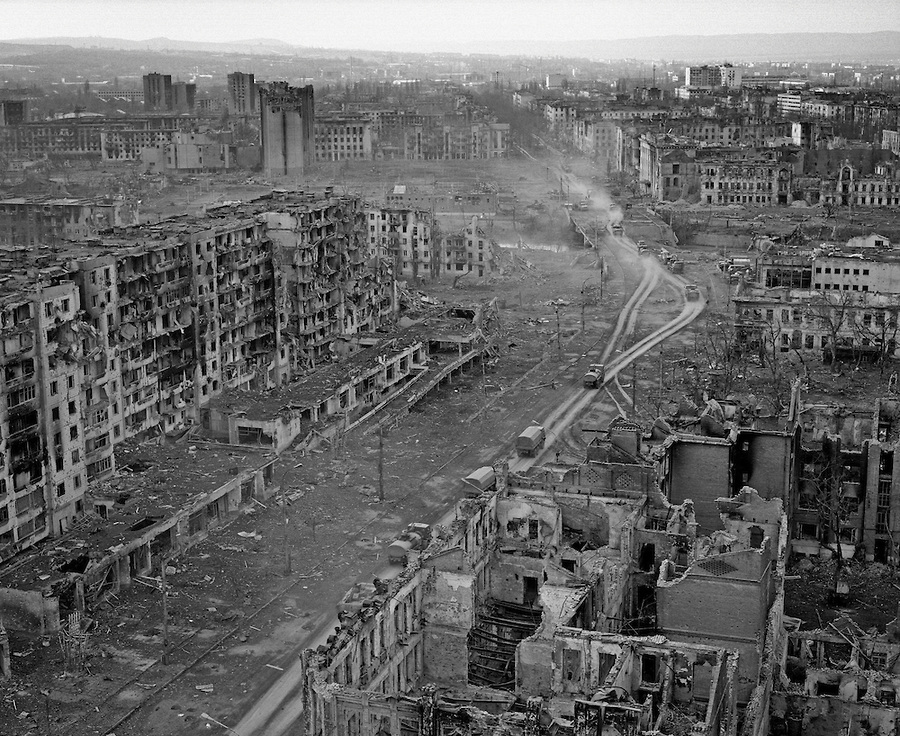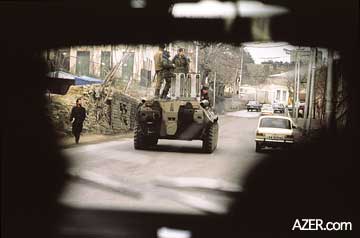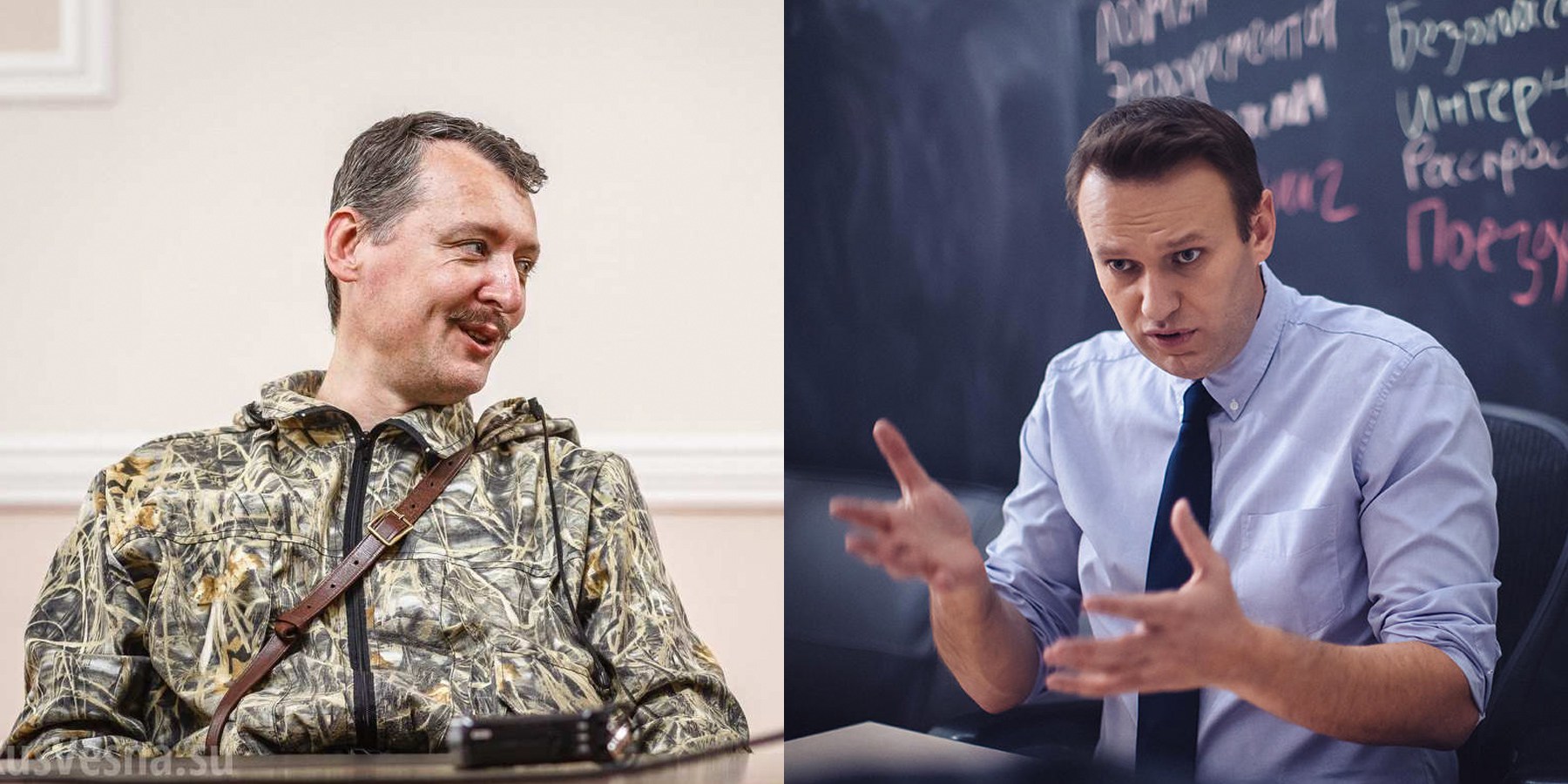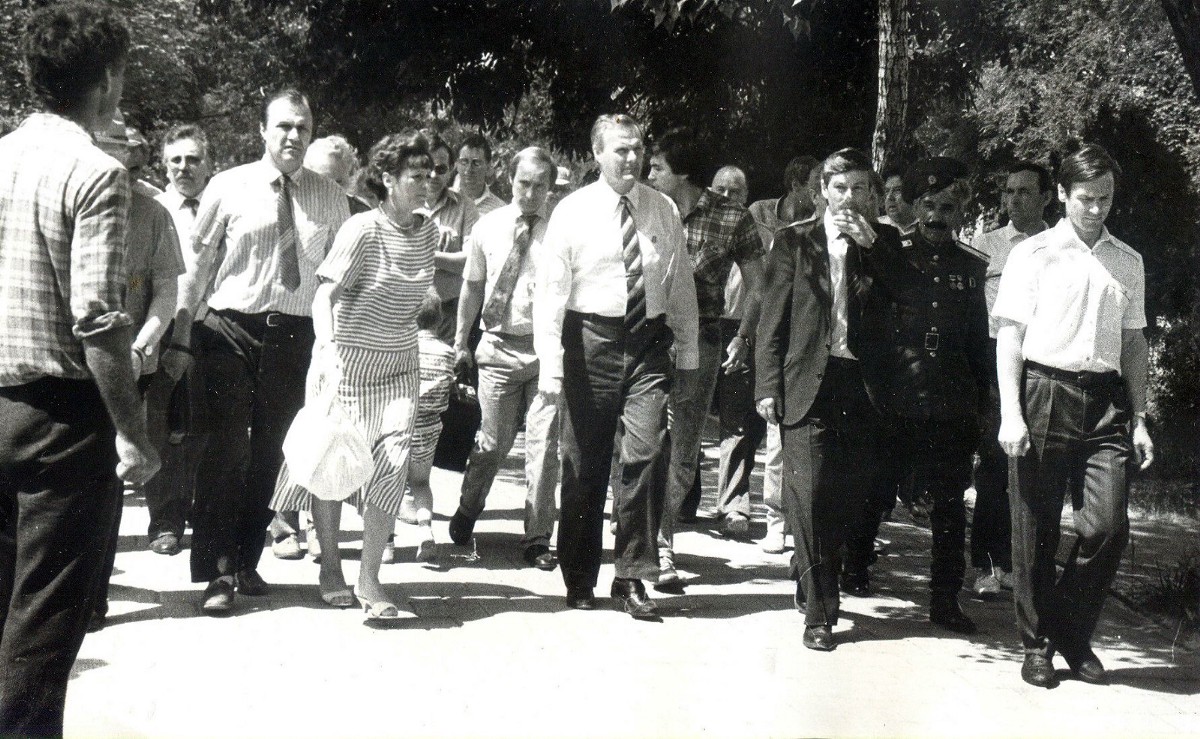Russians do not, by their nature, “love Stalin,” Novaya gazeta commentator Aleksandr Rubtsov says; instead, they “are being taught to love Stalin because the [Putin] regime really is functioning according to this regime prototype and has not found any other legitimization for itself in history.”
This becomes obvious, he says, if one considers that “genetically and functionally, the Russia of the 2000s arose out of the 1990s” and that Putin and his team “assert that everything good that began in [the first decade of this century] is in no way obliged to Yeltsinism.”
As a result, the Putin regime has had to look past “the pit of the 1990s” to a more distant past, but the question has been to just which past. “As far as ‘cadres’ are concerned, all the persons of the post-Stalin era – Yeltsin, Gorbachev, Andropov, Brezhnev and Khrushchev have been stricken from the record.”
There are, of course, important distinctions between the two: Today, “there are no mass purges and bloody rotations, not to mention incidents of sadism … the purge of the political field [under Putin] has become incomparably more humane.” There are “show trials” but they don’t end in shooting or torture.
Moreover, Rubtsov says, “the techniques of neutralization of hostile classes have been significantly softened.” Small and mid-sized business “like the middle class as a whole” is gradually squeezed but it isn’t suppressed. And the peasantry isn’t facing wholesale expropriation and dekulakization.
“History is like a pendulum,” the commentator continues. “Under Stalin, the class struggle sharped; the enemy was everywhere. In the period of ‘stagnation,’ on the contrary, the internal enemy became ‘ideologically non-existent,’ and prison was replaced by punitive psychiatry with the deportation” of the especially recalcitrant.
Now under Putin, “the domestic enemy is growing more active with each new victory of ours in the world. Therefore, a new political geography has been established. The state border has been imposed within the country: the opponents of the regime are ‘deported’ politically and broadcast as it were from beyond that border.”
Putin’s siloviki “also are reviving traditional values” not in pursuit of blood as under Stalin but for money. Reversing the events of two decades ago but recalling Stalin’s destruction of NEP, they are dragging back into the state sector all that was productive when it was in the private ownership.
There has been a similar return to Stalinism as far as the relationship between domestic and foreign policy is concerned, Rubtsov says. “In personalist regimes, foreign policy is subordinate to the main goal of the consolidation and strengthening of personal power.” Anything that doesn’t do that is quickly jettisoned.
The big difference here, the commentator continues, is that “now the status of power and the meaning of ‘influence’ are much closer to ritual symbolism and the simulacra of propaganda” than to actual events and real power. And this pattern highlights something else, Rubtsov argues.
But this is “not the most evil irony: the lightened version of Stalinism in a number of regards is turning out to be freer and softer even than in comparison with the era of the 20th Congress. At least so far.” But if things continue in the direction the Kremlin leader has indicated, that will not long remain the case.
“Putin needs a dictatorship to prepare for war with America just as Stalin did for the preparation of war with Germany.” The model must be repeated step by step in its latest incarnation. That requires moral re-Stalinization and making the original model more attractive in the eyes of the population.
Related:
- Shmulyevich: Putin to reprise Stalin’s Winter War in Finland strategy against Ukraine
- Kremlin-promoted, mythologized Russian past opens the way to a return to Stalinism
- Putin feels a kinship with Stalin and Ivan the Terrible, Eidman says
- ‘Stalin’s second coming will require victims,’ Moscow paper says
- No foreigner cracked Russians’ top ten statesmen of all times and places
- The real clash of civilizations: Last Lenin comes down in Kyiv as Stalin cult rises in Moscow
- ‘Putin’s GULAG more horrible than Stalin’s,’ researchers say
- Moscow completely restores and promotes Stalinist conception of WW2, Pavlova says
- Putin follows Hitler and Stalin in seeking to repress Jehovah’s Witnesses

